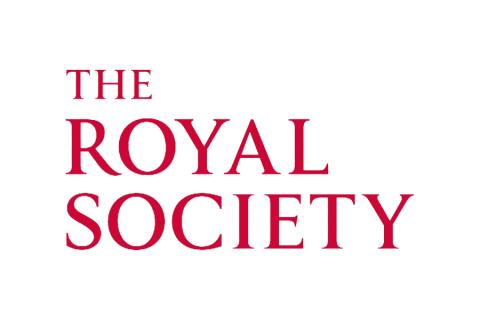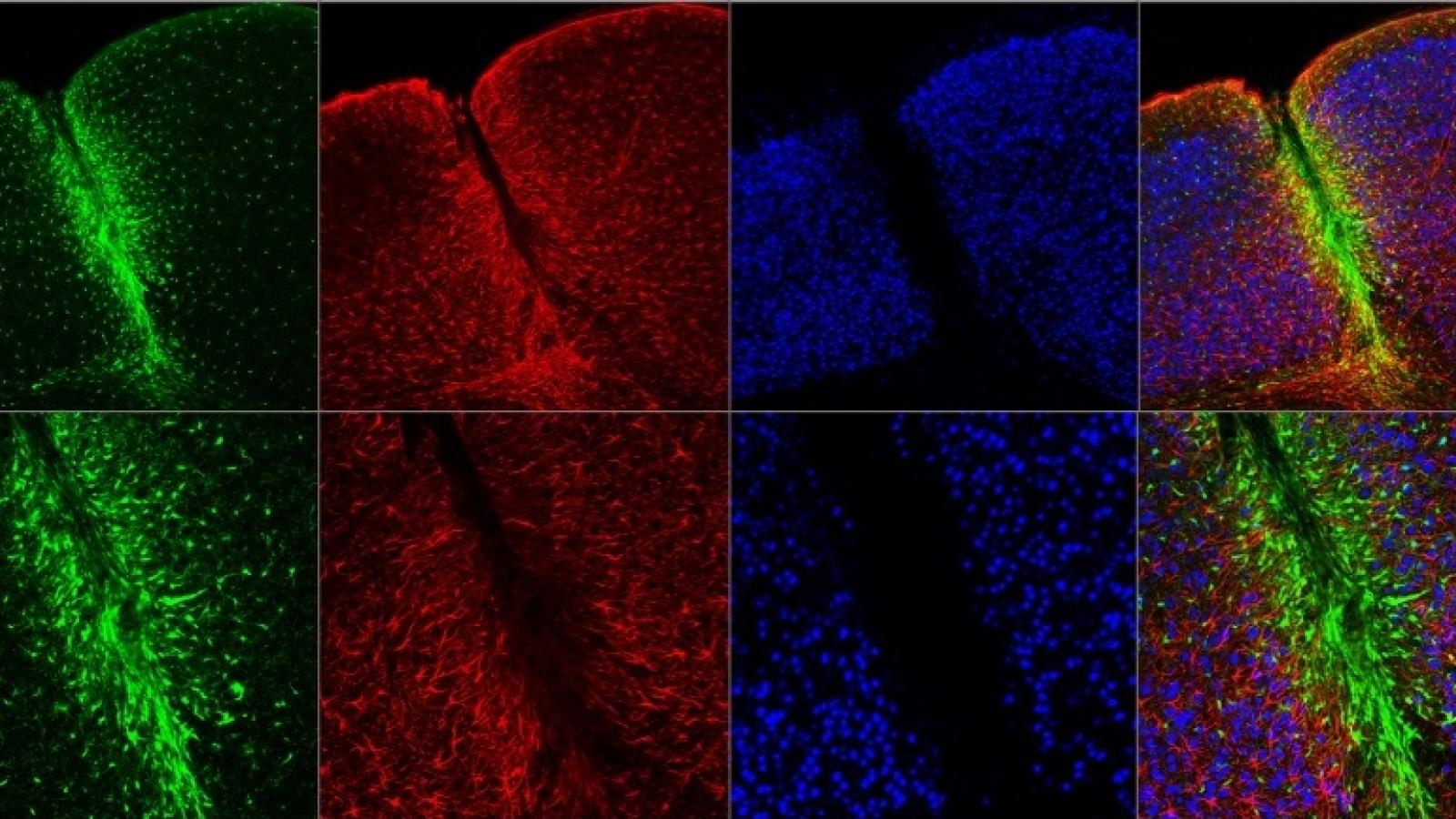Key details
Understanding the role of the blood-brain barrier in neurodegeneration
Dementia is a multifactorial and heterogeneous condition, and one of the leading causes of morbidity and mortality worldwide. Dr Salman’s research seeks to answer a key question: how does inflammation-driven blood-brain barrier (BBB) dysfunction contribute to the development and progression of neurodegeneration and dementia?
His lab designs and develops innovative, dynamic 3D multicellular in vitro models and brain organoids that accurately replicate brain and BBB function under disease-relevant conditions. These models are built using human-derived induced pluripotent stem cells (iPSCs), allowing for the study of cellular crosstalk and barrier integrity in neuroinflammatory and neurodegenerative contexts.
The Salman Lab aims to provide new tools to explore the mechanisms underlying lifelong brain health, define how BBB dysfunction contributes to dementia, and create a translational platform for developing and testing novel treatments for neurodegenerative diseases.
Latest news
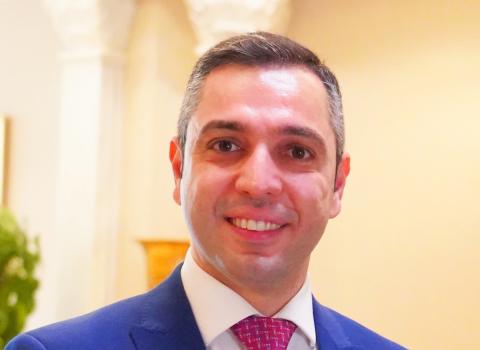

Dr Mootaz Salman
Dr Mootaz Salman BPharm MSc PhD is a Group Leader at the BHF-UK DRI Centre for Vascular Dementia Research. Find out more about his career and expertise on his profile page.
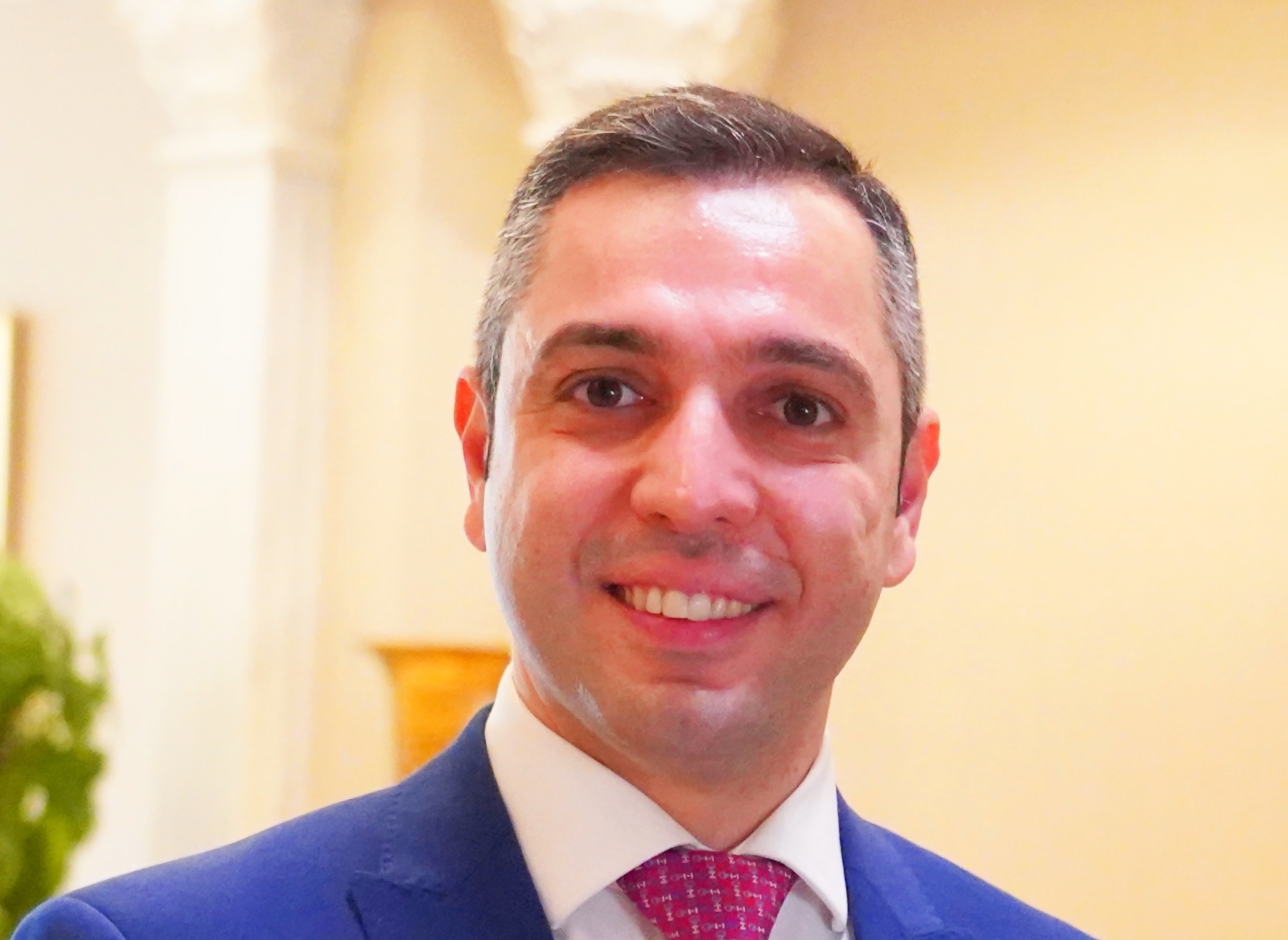
Research summary
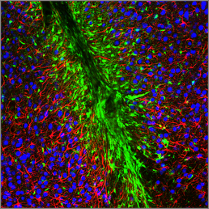
Traumatic brain injury in mice. Credit: Salman Lab
Mechanobiological and Inflammatory Drivers of Blood–Brain Barrier (Dys)function and Brain Water Homeostasis in Cerebral Small Vessel Disease
Cerebral small vessel disease (cSVD) is the leading vascular contributor to dementia and stroke, affecting nearly 21 million people worldwide. A hallmark of cSVD is blood-brain barrier (BBB) dysfunction, which precedes overt clinical symptoms and contributes to progressive neuronal damage. However, the molecular mechanisms underlying BBB breakdown in cSVD remain poorly defined, particularly the interplay between inflammation, vascular mechanics, and genetic risk factors. This project aims to elucidate how inflammatory and mechanobiological stimuli regulate BBB integrity and brain water homeostasis in cSVD, using advanced human-based platforms, in vivo models and integrative analyses.
Dr Salman’s team will develop and optimise physiologically realistic 3D BBB-on-a-chip platforms incorporating human primary and iPSC-derived brain endothelial cells, astrocytes, and pericytes. These models enable precise simulation of inflammatory insults and haemodynamic forces, including pressure and shear stress—critical yet underexplored contributors to cSVD pathology. They will characterise the impact of defined inflammatory mediators and mechanical stressors on BBB function using permeability assays, transendothelial electrical resistance (TEER), and advanced maging.
To identify molecular pathways driving BBB vulnerability, the researchers will perform transcriptomic and spatial profiling of cells exposed to cSVD-relevant insults. By comparing monoculture and tri-culture conditions under static and dynamic flow, they will dissect cell-autonomous versus intercellular mechanisms regulating BBB integrity. Particular attention will be given to genes and pathways implicated in brain water regulation and gliovascular interactions.
Next, they will introduce known pathogenic mutations (e.g., in COL4A1/4A2, NOTCH3, HTRA1) into iPSCs using CRISPR/Cas9 genome editing, generating isogenic cell lines for disease modelling. These models will be used to test the impact of cSVD-linked genetic variants on barrier function and response to inflammatory or mechanical stress. Candidate therapeutic targets identified through transcriptomic screening will be validated using small molecules, recombinant proteins, and pathway modulators.
Finally, promising findings will be validated in established in vivo models of cSVD using non-invasive longitudinal imaging (DCE- and ASL-MRI) and behavioural assessments. This work will deliver new mechanistic insight into early BBB failure in cSVD and identify novel targets for therapeutic intervention aimed at preserving vascular integrity and delaying neurodegeneration.
By combining cutting-edge organ-on-chip technology with human genetics, transcriptomics, and in vivo imaging, this project will create an innovative platform to investigate BBB dysfunction in dementia and accelerate translational research in vascular neurodegeneration.
Vacancies
Lab members
- Dr Tanya Singh (Postdoctoral Researcher)
- Dr Luise Schlotterose (Postdoctoral Researcher)
- Dr Elisa Marozzi Cruz (Postdoctoral Researcher)
- Dr Luana Campos Soares (Postdoctoral Researcher)
- Hanouf Almutairi (PhD Student)
- Mirriam Domocos (Student)
- Eva Bardol (Student)
- Sasmita Thiyagesh (Student)
Lab funders
Thank you to all those who support the Salman Lab!




